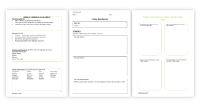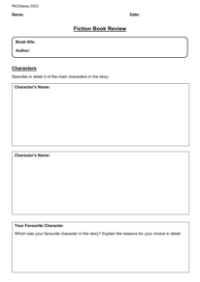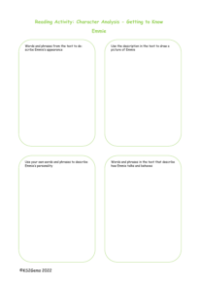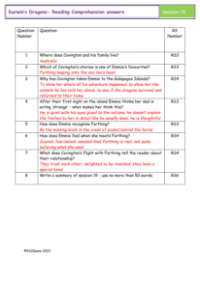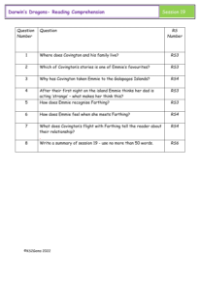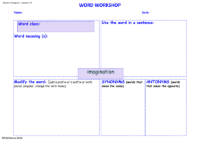Darwin's Dragons - Session 19 - Chapters 60 - 64 - Worksheet
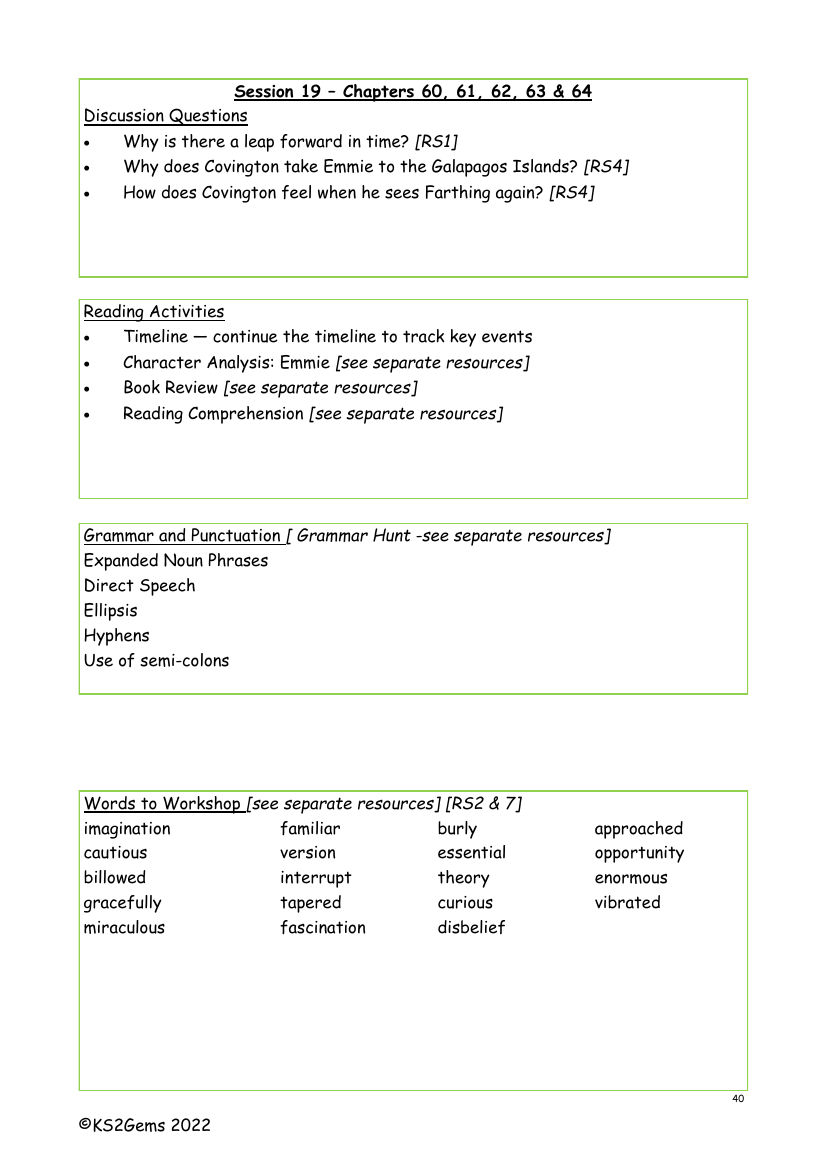
English Resource Description
In Session 19, covering Chapters 60 to 64 of "Darwin's Dragons," students delve into thought-provoking discussion questions that explore the narrative's progression. They ponder the reasons behind a significant leap forward in time within the story and discuss the motives of the character Covington for bringing Emmie to the Galapagos Islands. Additionally, they reflect on Covington's emotions upon reuniting with Farthing. These questions are designed to deepen comprehension and encourage critical thinking about the characters' development and the plot's unfolding.
The session is not just about discussion; it also includes a range of reading and writing activities. Students are tasked with continuing a timeline to track key events, analyzing the character of Emmie through dedicated resources, and engaging with a book review and reading comprehension exercises. Grammar and punctuation are also a focus, with students hunting for examples of expanded noun phrases, direct speech, ellipsis, hyphens, and the use of semi-colons. Vocabulary is strengthened through a 'Words to Workshop' activity, which includes words like 'imagination', 'familiar', and 'miraculous'. For writing, students have the opportunity to compose a letter from Emmie to her family, a newspaper report on Darwin's big idea, and a diary entry from Covington's perspective.
Cross-curricular links are abundant, weaving the themes of the book into various subjects. In Science, students can explore topics ranging from plants and animals to evolution and inheritance, including a practical investigation of finches' beaks. Computing integrates with the creation of databases and blog writing, while History looks at Victorian England. Geography lessons can focus on mapping skills and understanding different aspects of the world's physical and human characteristics. Physical Education, Religious Education, and Personal, Social, Health and Economic (PSHE) education also find relevance, with activities related to swimming, creation stories, and values such as courage, resilience, and determination, as well as discussions on animal rights and human environmental responsibilities.
